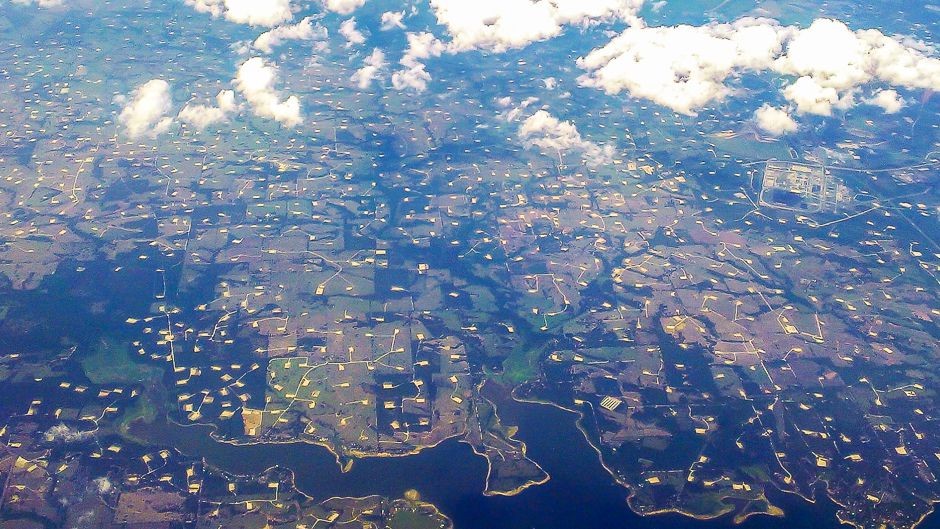The Fracking of America
Post on: 16 Март, 2015 No Comment

Getty Images
Men work on a natural gas valve at a hydraulic fracturing site.
Our special report,Who’s Winning The Natural Gas Game? addresses both issues and more.
Just a few years ago, the operating assumption of both government and the industry was that the U.S. was running out of recoverable natural gas and would soon be importing large amounts to meet our needs. Shipping terminals to receive liquefied natural gas from abroad needed to be built — and fast.
Now, the industry is talking about a 100-year supply and is building export terminals to ship our liquid natural gas to other countries.
What’s changed? In a word, fracking. Though the technology of rock fracturing to access natural gas (and crude oil) from shale formations had been around for decades, it has come a long way in a short time, thanks to public- and private-sector innovation.
At a time when crude oil seems precious and more vulnerable to geopolitical forces than ever, and the push for renewable fuels has yet to yield a variable alternative to fossil fuels, America’s bounty of natural gas seems like a slam dunk on the road to energy independence and a rebirth of America’s economic muscle.
So, what if.
Wall Street’s In
We can become energy independent, says none other than BlackRock Chairman Lawrence Fink.
We should be building ports for exports, when we determine that’s the right thing to do with our natural gas, Fink said on CNBC’s Squawk Box program recently. We should be transforming our gas stations for natural gas. Every truck in America should be turned into natural gas. We do can many things for jobs. We can do many things to really revitalize this country.
Fink’s buy-in is hardly an anomaly on Wall Street. Blackstone Group is providing $2 billion in financing to Cheniere Energy Partners for its construction of a natural-gas export terminal in Louisiana, the first facility in decades.
Pros and Cons
Investment opportunities. Corporate profits. High-skill jobs. Tax revenue. Low, stable energy prices for consumers and industry. The list of attributes and perks is long, including the fact that natural gas is a clean, efficient, and invisible fuel.
It has none of the negatives of crude oil or coal, except for one: Like the two others, natural gas is a fossil fuel and produces carbon dioxide, which, goes the scientific theory, is the primary source of greenhouse gases, or climate change.
The other negative may be even bigger: Fracking, especially hydraulic fracturing, comes with serious environmental questions of its own, specifically how drilling and extraction affect air and water quality. Other issues may surface over time.
Predictably enough, the lines drawn around this issue are starkly antithetical: Proponents say the waste water generated in the process can be disposed of or treated safely; opponents say run-off, industrial accidents and cost-cutting make contamination inevitable.














